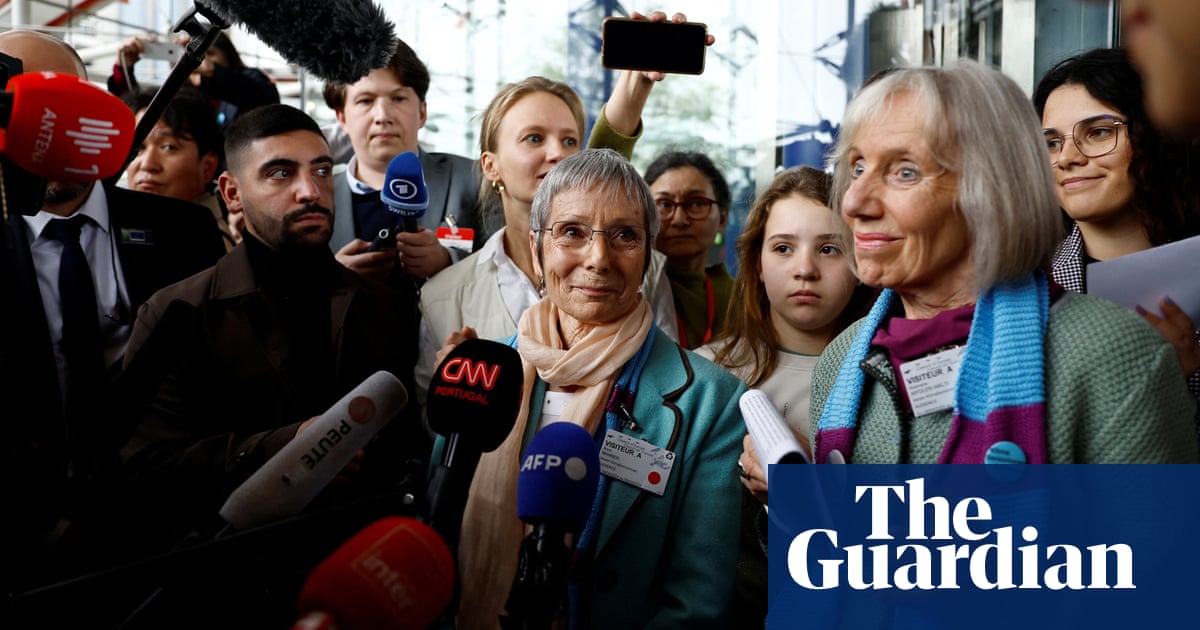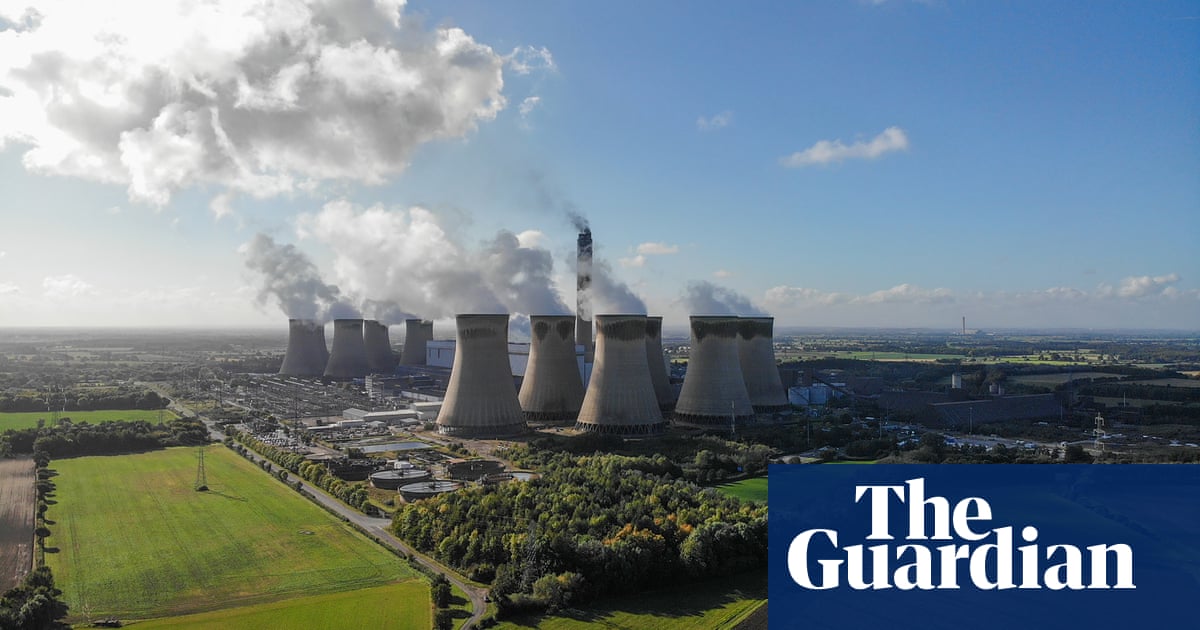
A coroner has made legal history by ruling that air pollution was a cause of the death of a nine-year-old girl.
Philip Barlow, the inner south London coroner, said Ella Kissi-Debrah’s death in February 2013 was caused by acute respiratory failure, severe asthma and air pollution exposure.
He said she was exposed to nitrogen dioxide and particulate matter (PM) pollution in excess of World Health Organization guidelines, the principal source of which were traffic emissions.
The coroner said the failure to reduce pollution levels to legal limits possibly contributed to her death, as did the failure to provide her mother with information about the potential for air pollution to exacerbate asthma.
“Ella died of asthma contributed to by exposure to excessive air pollution,” said the coroner on Wednesday.
He said that during Ella’s life, nitrogen dioxide emissions in Lewisham, where she lived, exceeded legal limits, both EU and national levels. Particulate matter levels were above the WHO guidelines, he said.
“The whole of Ella’s life was lived in close proximity to highly polluting roads. I have no difficulty in concluding that her personal exposure to nitrogen dioxide and PM was very high.”
The coroner said the health effects of air pollution had been known for many years, and children and those with asthma were particularly at risk.
He found that air pollution both induced and exacerbated Ella’s particular form of severe asthma.
The ruling is the first of its kind in the UK and is likely to increase pressure on the government to tackle illegal levels of air pollution across the country.
Ella’s mother, Rosamund Kissi-Debrah, a former teacher, spent years fighting to have her daughter’s death examined by a second coroner. Her resilience was repaid on Wednesday when Barlow agreed with expert medical evidence provided by the family which said Ella’s particular form of acute asthma was exacerbated by air pollution.
Kissi-Debrah’s lawyers submitted that air pollution was a public health emergency and there was a pressing need for it to be recorded as a cause of death to ensure public health programmes to tackle toxic air were prioritised.
In evidence to the two-week inquest, Prof Stephen Holgate, an immunopharmacologist and consultant respiratory physician of the University of Southampton and Southampton general hospital, said a biological cause of Ella’s disease getting worse in the winter months was the seasonal worsening air pollution.
He said it was the cumulative effect of the toxic air Ella was breathing in living within 30 metres of the South Circular road that caused her final acute asthma attack.
Holgate said Ella was like a canary in a coalmine, signalling the risk to other Londoners from the toxic mix of pollutants such as nitrogen oxides in the air.
Ella had had numerous seizures and been taken to hospital almost 30 times in the three years before her death.
An inquest ruling from 2014, which found that she died of acute respiratory failure, was quashed by the high court following new evidence about the dangerous levels of air pollution close to her home.
During the hearing, Holgate, who was a member of the royal commission for environmental pollution until it was closed in 2011, heavily criticised the Department for Environment, Food and Rural Affairs and the Department of Health and Social Care for failing to work together on toxic air.
Ella’s family argued there was sufficient evidence to conclude there were failures by the state to take steps to protect the public from dangerous levels of air pollution, which amounted to a violation of article 2 of the Human Rights Act, concerning the right to life.
The mayor of London, Sadiq Khan, said the coroner’s conclusion was a “landmark moment” and called pollution a “public health crisis”.
“Today must be a turning point so that other families do not have to suffer the same heartbreak as Ella’s family. Toxic air pollution is a public health crisis, especially for our children, and the inquest underlined yet again the importance of pushing ahead with bold policies such as expanding the ultra low emission zone to inner London.”
“Ministers and the previous mayor have acted too slowly in the past, but they must now learn the lessons from the coroner’s ruling and do much more to tackle the deadly scourge of air pollution in London and across the country.”
A government spokesperson said: “Our thoughts remain with Ella’s family and friends.
“We are delivering a £3.8bn plan to clean up transport and tackle NO2 pollution, and going further in protecting communities from air pollution, particularly PM2.5 pollution, which we know is particularly harmful to people’s health. Through our landmark environment bill, we are also setting ambitious new air-quality targets, with a primary focus on reducing public health impacts.”












